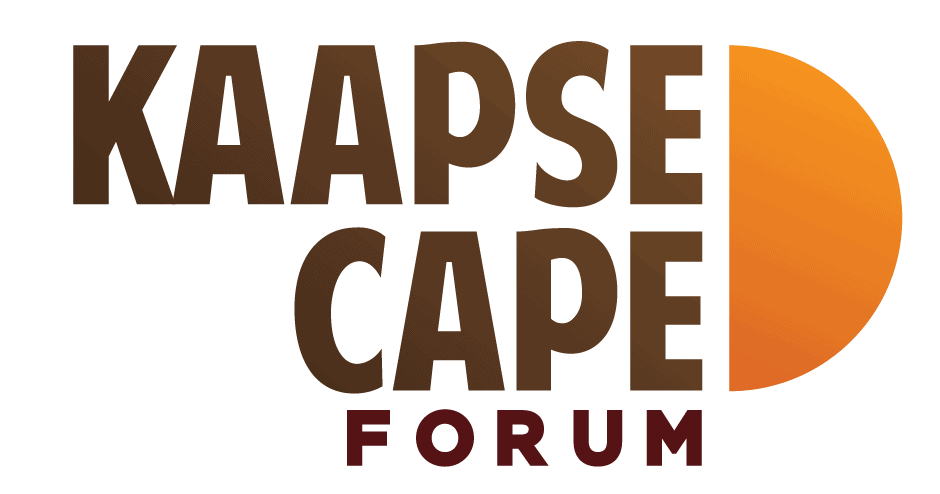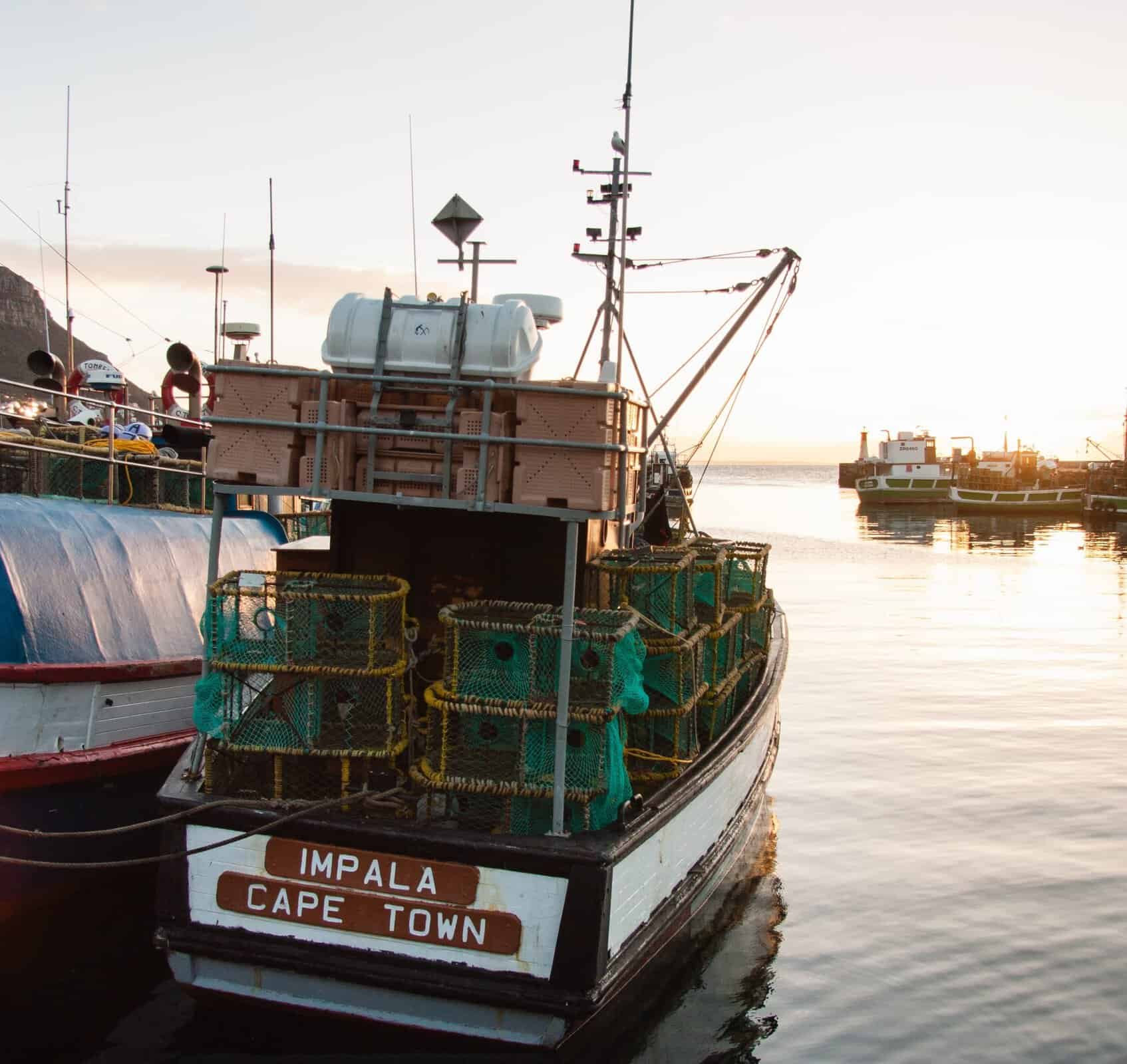Cape’s small-scale fishers have to catch lobster for starvation wages
Cape Forum urges fairness and equality for small-scale fishers
The civil rights organisation Cape Forum has today, on World Fisheries Day, made an urgent appeal to the Department of Forestry, Fisheries and Environment to be fair in determining the total allowable catch (TAC) of West Coast Rock Lobster for small-scale fishers. The United Nations’ Food and Agriculture Organization (FAO) annually celebrates World Fisheries Day to examine social sustainability and working conditions of workers in the fishing industry.
Cape Forum’s appeal stems from the department’s recent announcement of the 2023/2024 lobster season’s TAC. According to this, small-scale fishers’ TAC for the new West Coast Rock Lobster season has been cut by more than 16%. Small-scale fishers’ permitted nearshore allocation was cut from 93,9 tons to 78,54 tons. The allocation for offshore catch has also been cut from the 69,1 tons that was allowed in the 2022/2023 season to 57,79 tons for the 2023/2024 season.
“Consequently, small-scale fishers will face a West Coast Rock Lobster season where they will be working for a starvation wage,” explains Tommy van Zyl, Coordinator of Cape Forum. The allocation of fishing rights to small-scale fishers, which was finally announced last week after years of delay, is moreover simply a way in which the department wants to appease small-scale fishers. “On the one hand the department gives, but on the other hand they take food from the fishers’ mouths,” warns Van Zyl. “The new TACs will imply that many fishers will not be able to continue their work in an economically sustainable manner. In addition, this puts increasing pressure on fishers who are already suffering from serious financial pressure and uncertainty,” emphasises Van Zyl.
Van Zyl maintains that Cape Forum is not indifferent to responsible management of natural resources but believes that small-scale fishers who fish legally are constantly getting the short end of the stick. “In an industry filled with mega fisheries and illegal fishers, small-scale fishers are trying to make an honourable living, but the department and their so-called facts about the available resources make it quite impossible. There are doubts about the scientific correctness of the department’s research methods in determining resources, but in the meantime small-scale fishers are forced to survive on even smaller TACs,” says Van Zyl.
Cape Forum also calls on the department to urgently investigate rumours of political interference in the allocation of fishing rights. The process is, according to the civil rights organisation, not transparent and it appears as if political connections play an unfair role in the process, that mega fisheries have an unfair advantage and therefore threaten the existence of small-scale fisheries and their communities.
In short, Cape Forum calls on the department to:
- conduct a transparent review of the fishing rights allocation process, taking into account the needs and contribution of small-scale commercial fishers;
- investigate possible political interference in the allocation of fishing rights;
- review the existing research methods used for determining resources and address shortcomings to ensure accuracy of data; and
- conduct a meaningful dialogue with representatives of the small-scale commercial fisheries to listen to and address their concerns and build a sustainable and fair fishing industry together.



